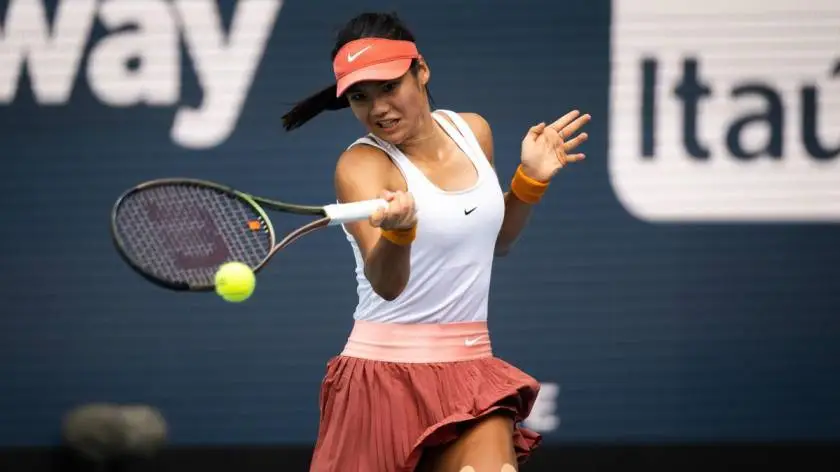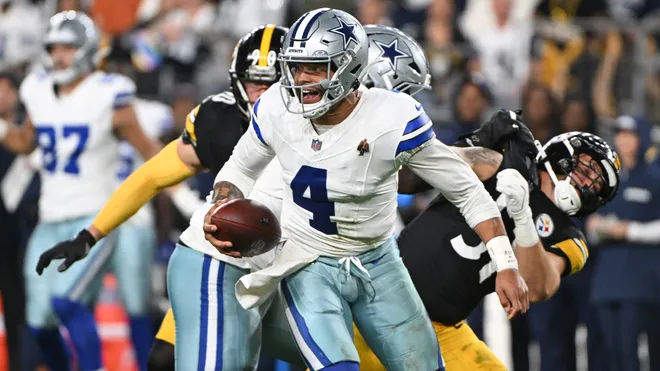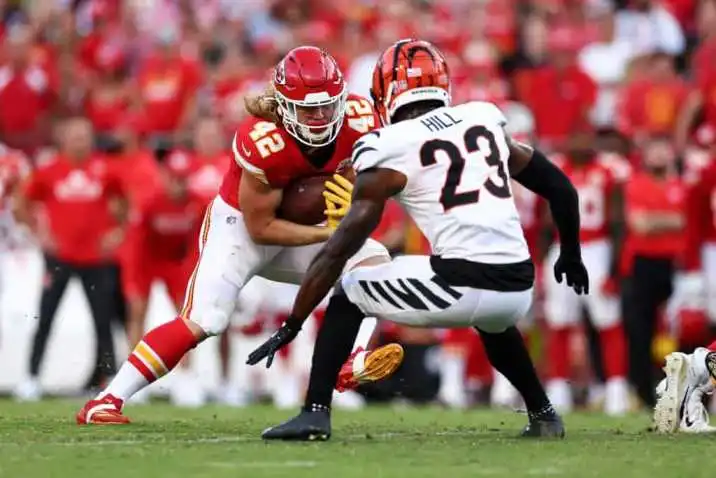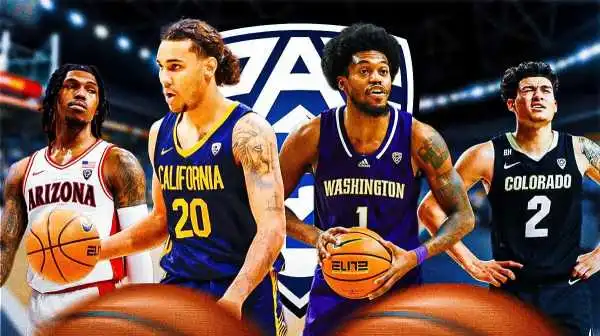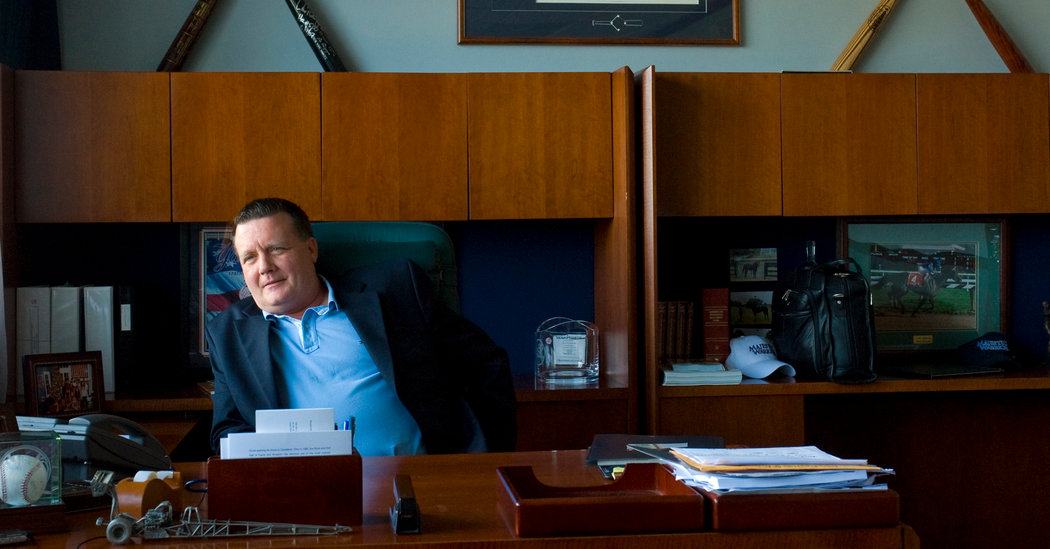
Hank Steinbrenner, an Heir to the Yankees, Is Dead at 63
It was late October 2007, and it was a very bad day for the Yankees. Their best player, Alex Rodriguez, had just opted out of his contract, and their fierce rival, the Boston Red Sox, had just won the World Series. Hank Steinbrenner decided to channel his father, George, who had never missed a chance to grab a headline. He called a reporter and challenged Rodriguez.
“Does he want to go into the Hall of Fame as a Yankee,” Hank barked, “or a Toledo Mud Hen?”
With health problems then forcing George Steinbrenner to recede from the public eye — he died in 2010 at 80 — it seemed that Hank was stepping forward as a new boss — just as feisty and bombastic as the original. A year later, though, it was Hank’s younger brother, Hal, who was named the Yankees’ managing general partner. Hal, and not Hank, would have final authority over the decisions of the most storied and lucrative franchise in professional sports.
Yet Hank Steinbrenner, who died on Tuesday at his home in Clearwater, Fla., at age 63, remained a general partner and co-chairperson of the Yankees, and shared in the responsibility of overseeing and directing the team’s on- and off-field strategies.
The eldest of the four Steinbrenner children, he had been in poor health in recent years. His death was confirmed in a statement by the Yankees. No specific cause was given.
“He was introduced to the Yankees organization at a very young age, and his love for sports and competition continued to burn brightly throughout his life,” the Steinbrenner family said in a statement.
Hank was just 15 in early 1973 when his father bought the Yankees. He briefly worked in the team’s front office in the mid-1980s as an apprentice of sorts to the team’s general managers. But he found his passion in breeding, raising and racing horses at the family’s 730-acre farm in Florida, and was a longtime member of the board of the Ocala Breeders’ Sales Company.
More recently, Mr. Steinbrenner became deeply involved in auto racing with his son, George Michael Steinbrenner IV. His team, Harding Steinbrenner Racing, competed on the IndyCar circuit last year with George, then 22, as the youngest team owner in IndyCar history.
Mr. Steinbrenner also served on the board of the YES Network, which televises Yankees games, and sponsored a youth travel baseball program, “Hank’s Yanks,” that has sent dozens of players to college or professional baseball.
“He could trust young people and open himself up to them,” said Ray Negron, a former Yankees bat boy who founded the program. “He took so much pride in the fact that more and more of his kids were going to college.”
Mr. Negron said that Mr. Steinbrenner had fully accepted his status in the Yankees’ hierarchy and had not felt marginalized when Hal, who is 11 years younger, became the boss.
“He never, ever mentioned it,” Mr. Negron said. “He was always extremely proud of his Yankee heritage and extremely proud of his brother and what his brother was doing with the team.”
If Mr. Steinbrenner had wanted a prominent position, he could have had one. When George Steinbrenner was suspended from Major League Baseball in 1990 — for paying $40,000 for damaging information on his slugger Dave Winfield — he wanted Hank to run the team as its general partner. Hank was 33, happy working at the farm and coaching high school soccer, and he turned his father down.
“I agonized about it for two weeks,” he told The New York Times Magazine in 2008. “But I knew the ban was never going to last. The Yankees were a dictatorship. No matter who took the title, my dad was still going to be the boss.”
Mr. Steinbrenner gave that interview when he and his younger brother were still equals under their father, who was essentially retired. Later in 2008, needing a clear leader for the future, the family and the team’s top executives decided on Hal.
“Why Hal and not his older brother, Hank?” wrote Bill Madden in “Steinbrenner: The Last Lion of Baseball” (2010). “All agreed that Hal was the one with the business acumen and that Hank, despite his frequent public comments on the Yankees’ baseball dealings, had no interest in spending the necessary time in New York” working with team officials there on the complex issues of a new stadium, a television network and more.
Even without the lead role, though, Hank Steinbrenner’s status as a general partner — and his tendency to be more outspoken than his brother — gave him a platform he relished.
The Yankees won the 2009 World Series but failed to repeat as champions the next year, when the San Francisco Giants took the crown. At spring training in 2011, the Yankees’ one-year absence from the Series seemed to rankle Mr. Steinbrenner.
“I think, maybe, they celebrated too much last year,” he told reporters. “Some of the players, too busy building mansions and doing other things and not concentrating on winning. I have no problem saying that.”
It was a not-so-subtle jab at the team captain, Derek Jeter, who had just moved into a sprawling new home in Tampa, Fla., and it echoed a similar barb that George Steinbrenner had leveled at Jeter about a decade earlier.
The team has not won a championship since.
Also like his father, Hank Steinbrenner criticized Major League Baseball’s revenue sharing plan, which took money from richer teams like the Yankees and gave it to poorer rivals.
“At some point, if you don’t want to worry about teams in minor markets, don’t put teams in minor markets, or don’t leave teams in minor markets if they’re truly minor,” Hank Steinbrenner said. “Socialism, communism, whatever you want to call it, is never the answer.”
In addition to his brother, Mr. Steinbrenner, who was divorced, is survived by his daughters, Jacqueline and Julia; his sons, George Michael IV and John; his sisters, Jennifer and Jessica; and a granddaughter, the Yankees said. His mother, Joan Steinbrenner, a former vice-chairwoman of the team, died in 2018 at 83.
Mr. Steinbrenner was much less visible in later years, but Randy Levine, the team president, said he had remained active behind the scenes, even in the team’s negotiations last December with pitcher Gerrit Cole, who signed a nine-year, $324 million contract. To Mr. Levine, Mr. Steinbrenner took it as part of his familial duty to challenge the team’s top baseball officials — from Gene Michael to Brian Cashman — and fight for his position.
“When the time came,” Mr. Levine said, “he had the George Steinbrenner fight in him, and he could hold his own.”
Like his father, Hank Steinbrenner relished no rivalry more than the one with the Red Sox. In The Times Magazine interview, he scoffed at the concept of Red Sox Nation, calling it an affront to the brand his family had elevated.
“Go anywhere in America and you won’t see Red Sox hats and jackets, you’ll see Yankee hats and jackets,” he said. “This is a Yankee country.”
James Wagner, David Waldstein and Daniel E. Slotnik contributed reporting.



